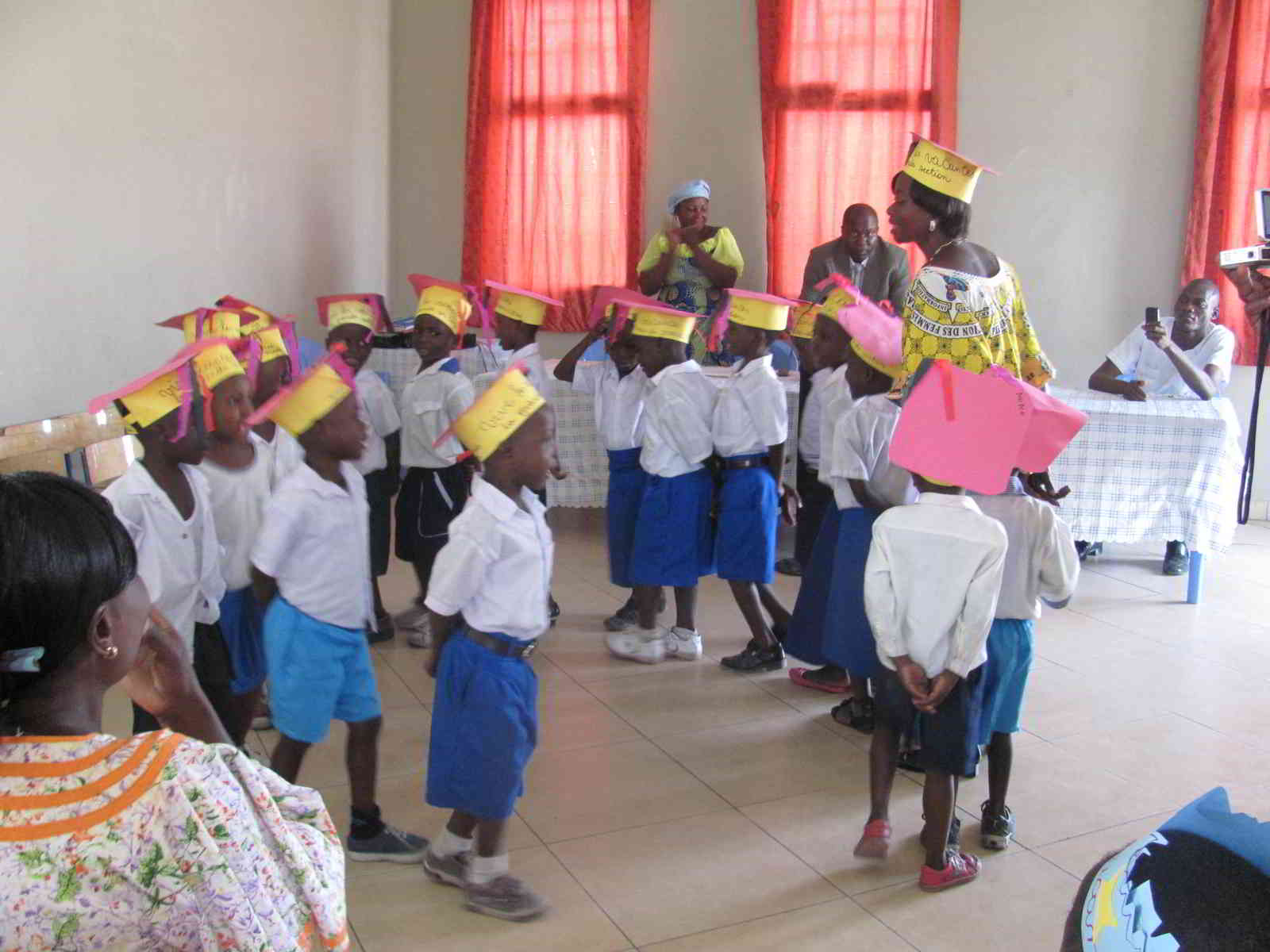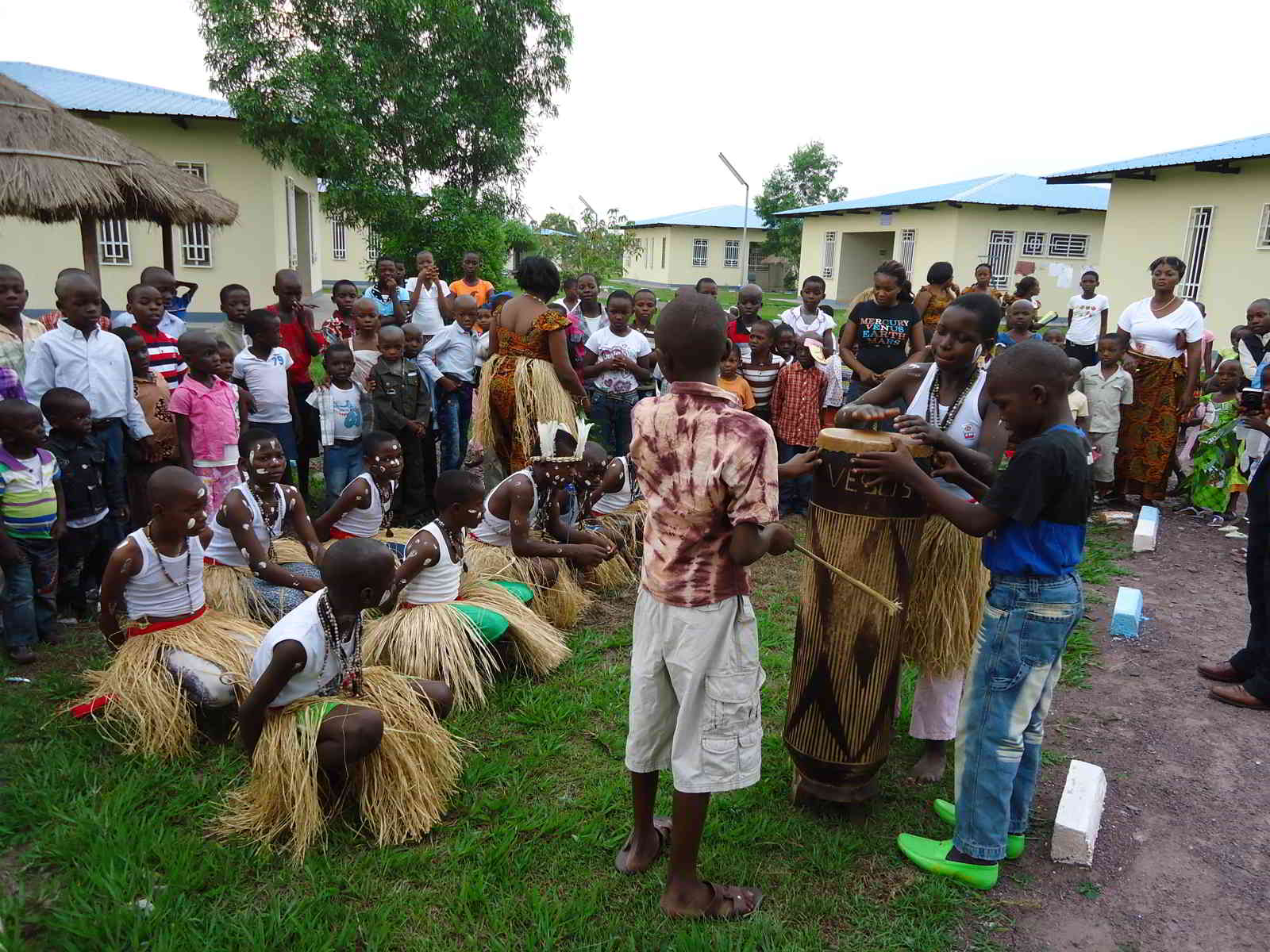Social problems and poverty driving thousands of children away from their families
.jpg)
Kinshasa is the capital and by far the largest city in the Democratic Republic of Congo. It is located on the Congo River directly opposite Brazzaville, which is the capital of the neighbouring Republic of Congo. In little more than 100 years, Kinshasa has grown from a fishing village to an urban area populated by up to ten million people. It is a major cultural centre and a very important city with a large industrial sector.
However, years of corrupt leadership followed by civil war and a long series of conflicts have scarred the city. During times of conflict, many sought refuge in the city, and this put a great strain on infrastructure and turned the city into a crowded place with lots of social problems.
There are thousands of street children living in Kinshasa: these Congolese street children are often referred to as “shegues” and their numbers in Kinshasa are estimated to be as high as 20,000 but could be even higher. Whether they are orphaned, or forced to live on the streets as a result of a poor or troubled family background, they all face a tough life. They have been ill-treated by the authorities and the population alike, and often their only chance to survive is begging, prostitution, petty crime or child labour. To make matters worse, the streets have become increasingly unsafe following wars and armed conflicts that have brought firearms and violence to the streets.
Extreme poverty is often directly or indirectly the reason why children lose parental care. Some families simply don’t have the money to feed their children, and overcrowded urban areas do not provide the opportunity to grow one’s own food. Children whose parents suffer from HIV/AIDS or other illnesses account for another large group of vulnerable children at risk of losing parental care since medical treatment is not widely available for the poor. Unfortunately, in Kinshasa children are often accused of witchcraft and they are blamed for the family’s tough living conditions. Such accusations often drive children away from their homes and into the streets.
Breaking a vicious circle by strengthening vulnerable families
Unemployment and illness are some of the biggest threats to family stability in Kinshasa, as they result in deep poverty. Furthermore, if children have no access to schools they have little chance of escaping the poverty they have been born into. Consequently, providing vulnerable families with support and helping them reach health services and acquire job skills are vital steps towards reducing the number of children left to fend for themselves. By strengthening vulnerable families in all areas of life, it is possible to prevent them from breaking apart and thus ensure that more children can grow up with their families.
What we do in Kinshasa

.jpg)
The SOS Children's Village Kinshasa started its programmes in 2010, and strengthening local families through our social centre was among our first activities. More than 100 children from the local community of Kimbanseke, on the outskirts of Kinshasa, are helped to access basic services such as schooling and medical treatment.
In 2011, our programme in Kinshasa was expanded and now includes 15 SOS families, a kindergarten, a primary school and a medical centre. Up to 150 children have found a loving home in an SOS family, where they have the chance to build happy childhood memories and go to school.
The SOS Kindergarten accommodates children from SOS families as well as children from local families. This way, parents or carers can attend their jobs knowing that their children are well-cared for by professionals. Likewise, the SOS Hermann Gmeiner School provides local children, as well as children from SOS families, with access to very important basic education, which may improve their future prospects as adults.
The SOS Medical Centre in Kinshasa supports already existing health services which fail to meet the needs of this large city’s growing population. Access to health services is often a matter of life and death in Kinshasa, where the dense population has long exhausted existing infrastructure such as sanitation. As a result, cholera and other diseases claim thousands of lives where medical treatment is inaccessible or unaffordable. Treatment at our medical centre helps both children and adults attain better living conditions, thus improving the stability of more families. HIV/AIDS is a cause for growing concern in Kinshasa and the medical centre is involved in campaigns to raise awareness of how to prevent the spread of HIV/AIDS.